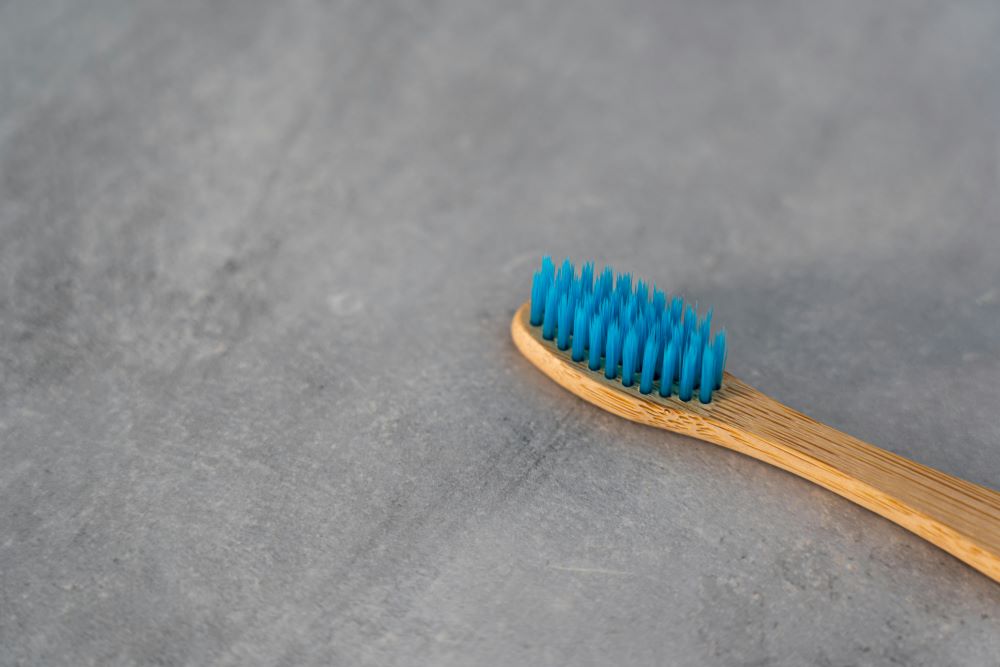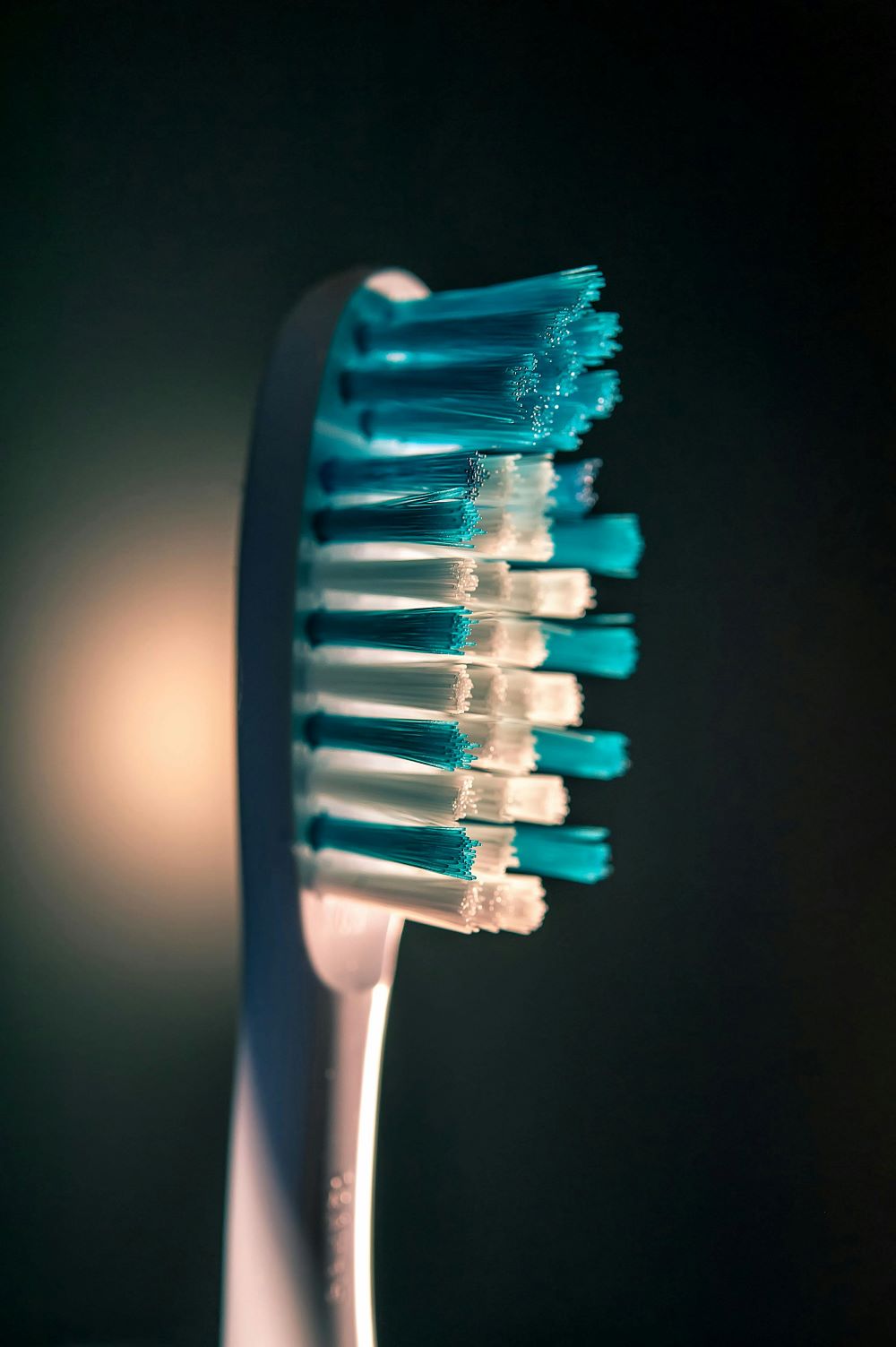Pru-C12 was found to be effective in stropping the growth of bacteria.
Periodontal disease, a serious inflammatory condition triggered by bacterial infection on the tissue surrounding one’s teeth, poses significant risks to both oral and overall health. This disease begins with the accumulation of plaque, a sticky film of bacteria, which can irritate the gums and lead to inflammation, known as gingivitis. If left untreated, gingivitis can progress to more advanced stages where inflammation extends deeper into the supporting structures of the teeth, including the bone. This chronic inflammation can result in gum recession, tooth mobility, and, eventually, tooth loss. Over time, the same bacteria can lead to systemic health issues, such as heart disease and diabetes, through inflammatory pathways.
Traditional over the counter (OTC) oral hygiene products tend to fall short in efficacy and can be overly harsh. Many mouthwashes and toothpaste often rely on strong chemical disinfectants like alcohol and chlorhexidine, which, while effective, can be harsh and irritating, especially for sensitive users such as children and the elderly. These products can cause discomfort, change a person’s sense of taste, and may lead to adverse reactions due to their high alcohol content and potent antimicrobial agents. Also, the majority of conventional products are not hypoallergenic.

Taking all of this into consideration, research from Osaka Metropolitan University and led by Professor Shigeki Kamitani took a look at the antibacterial properties of seven different compounds, focusing particularly on prunin laurate (Pru-C12) and its derivatives. These compounds were tested against Porphyromonas gingivalis, a key bacterium responsible for periodontal infections with the hope of identifying a safe and effective antibacterial solution that could be used across various age groups.
Among the compounds tested, Pru-C12 was found to be the most effective in inhibiting bacterial growth. Derived from natural sources such as citrus fruits and coconut components, Pru-C12 exhibited substantial antimicrobial activity against the periodontal pathogens. Also, in contrast to many existing oral hygiene products, Pru-C12 is tasteless and hypoallergenic, making it a promising candidate for widespread use. The compound’s natural origins from citrus and coconut sources, combined with its tasteless and hypoallergenic nature, offer a gentler yet effective alternative, addressing the limitations of current products by being both efficient and user-friendly for a broader audience.
Professor Kamitani’s findings, published in the journal Foods, highlight the potential of Pru-C12 as a low-cost, efficient antimicrobial agent. If further research confirms its safety in human applications, Pru-C12 could become a valuable addition to preventive oral care, addressing a critical gap in current hygiene products. The ability to offer a gentle yet potent antibacterial solution could significantly enhance oral health care options for individuals of all ages.
According to the Centers for Disease Control and Prevention (CDC), approximately 47.2% of adults aged 30 years and older in the United States have some form of periodontal disease and about 70.1% of adults aged 65 and older are affected. Adding Pru-C12 to teeth hygiene products could create products that can be used even for vulnerable populations. The research itself also draws attention to the importance of continuing to explore viable alternatives to the harsh products currently on the market.
Sources:
New antibacterial compound shows promise for preventing periodontal disease


Join the conversation!